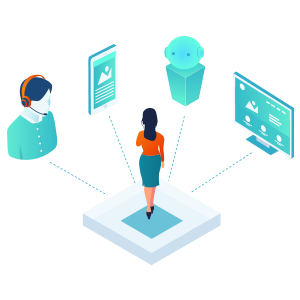Deliver Better Techsupport With Knowledge Management
Technology has been the foundation stone for global transformation. Right from telecommunication to FMCG, consumers make their lives easy by leveraging the use of technology.
- Industry-wide application
- Pivotal in evolution
- Easy digitization

















































 Word Document)
Word Document) Excel File)
Excel File)










